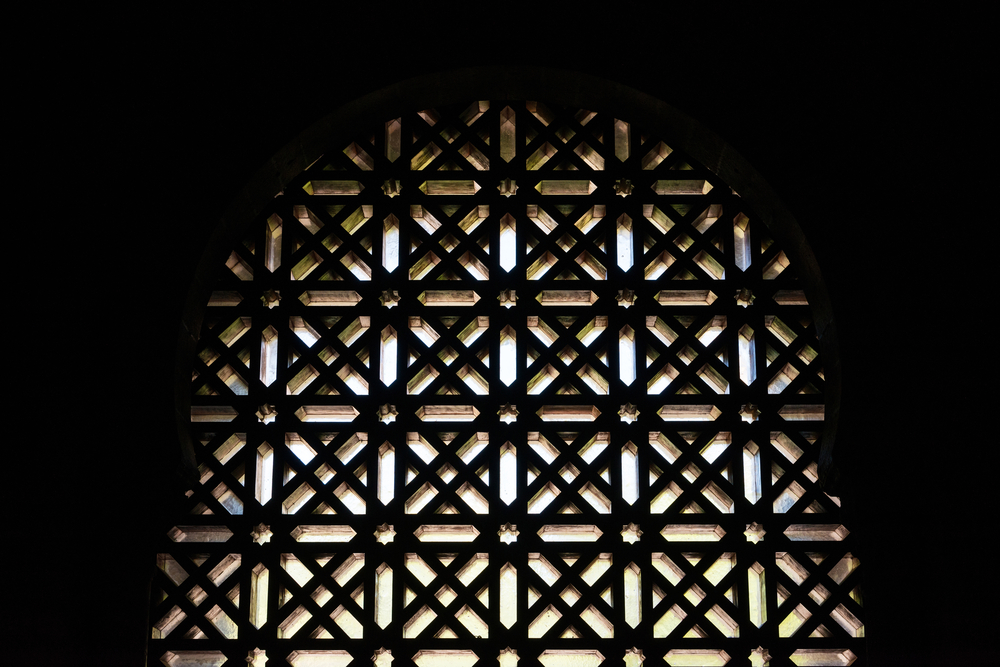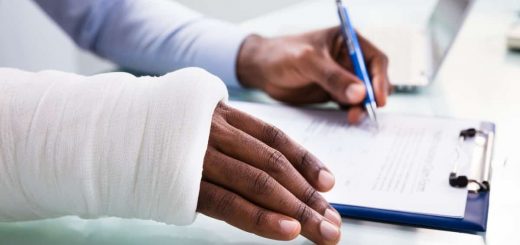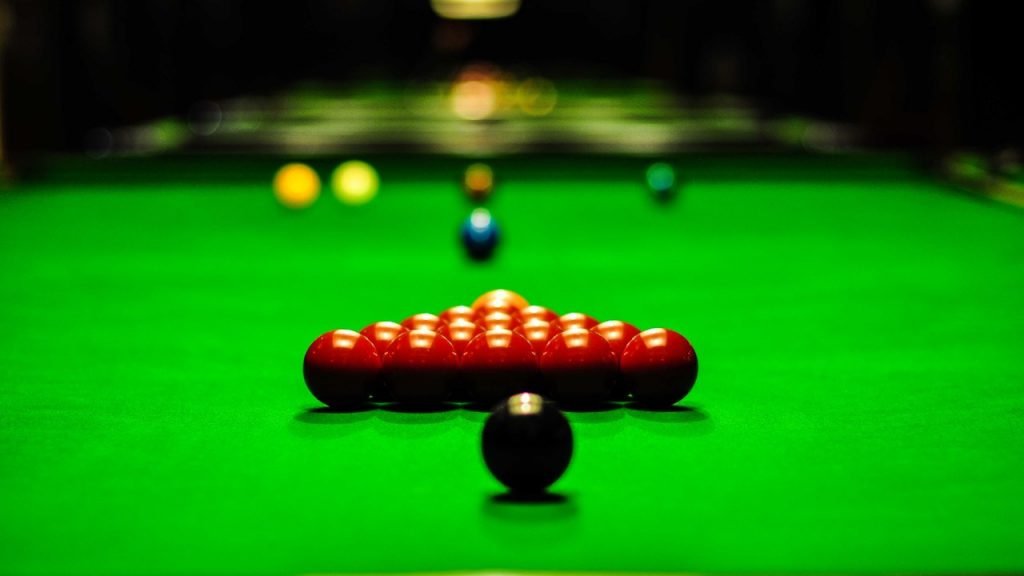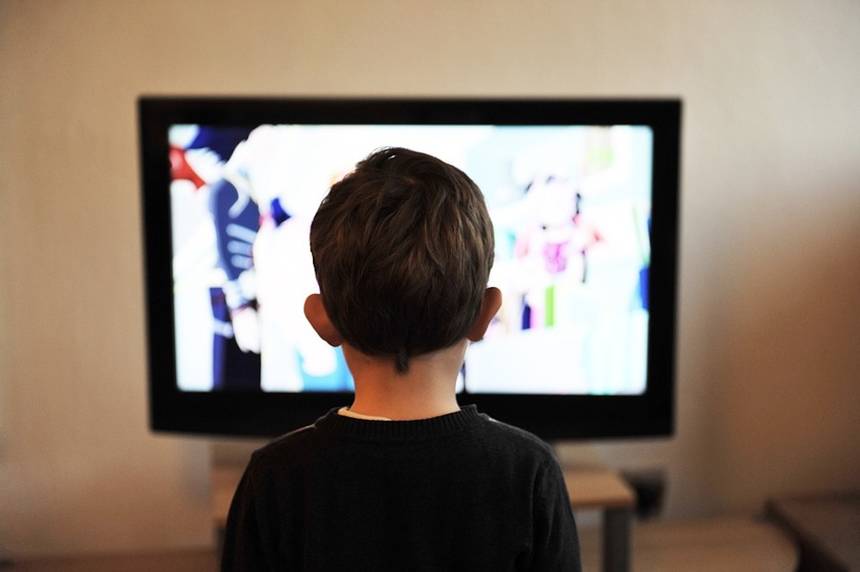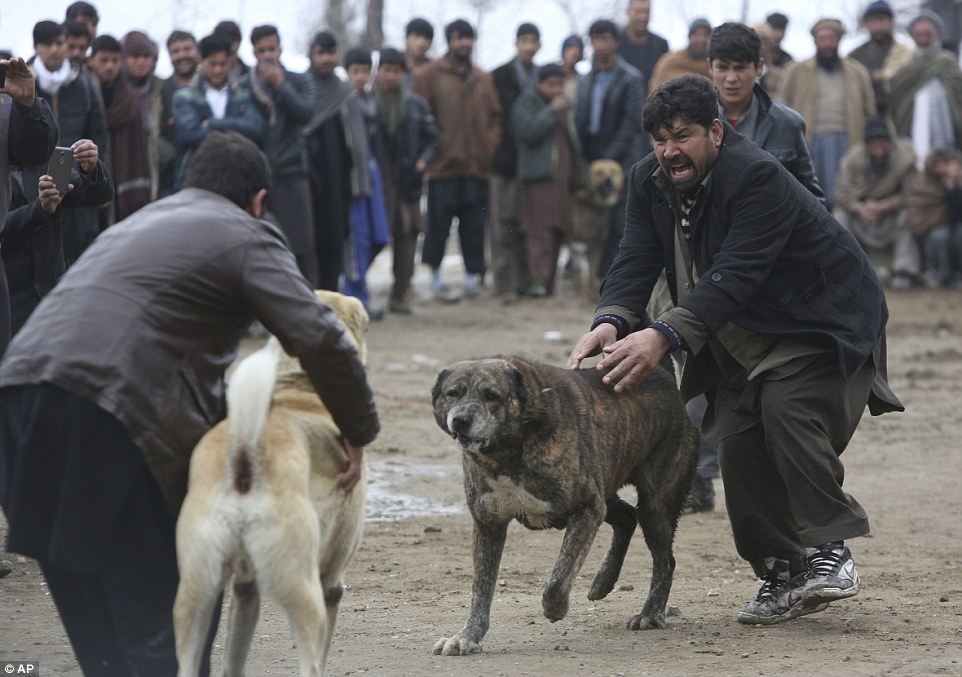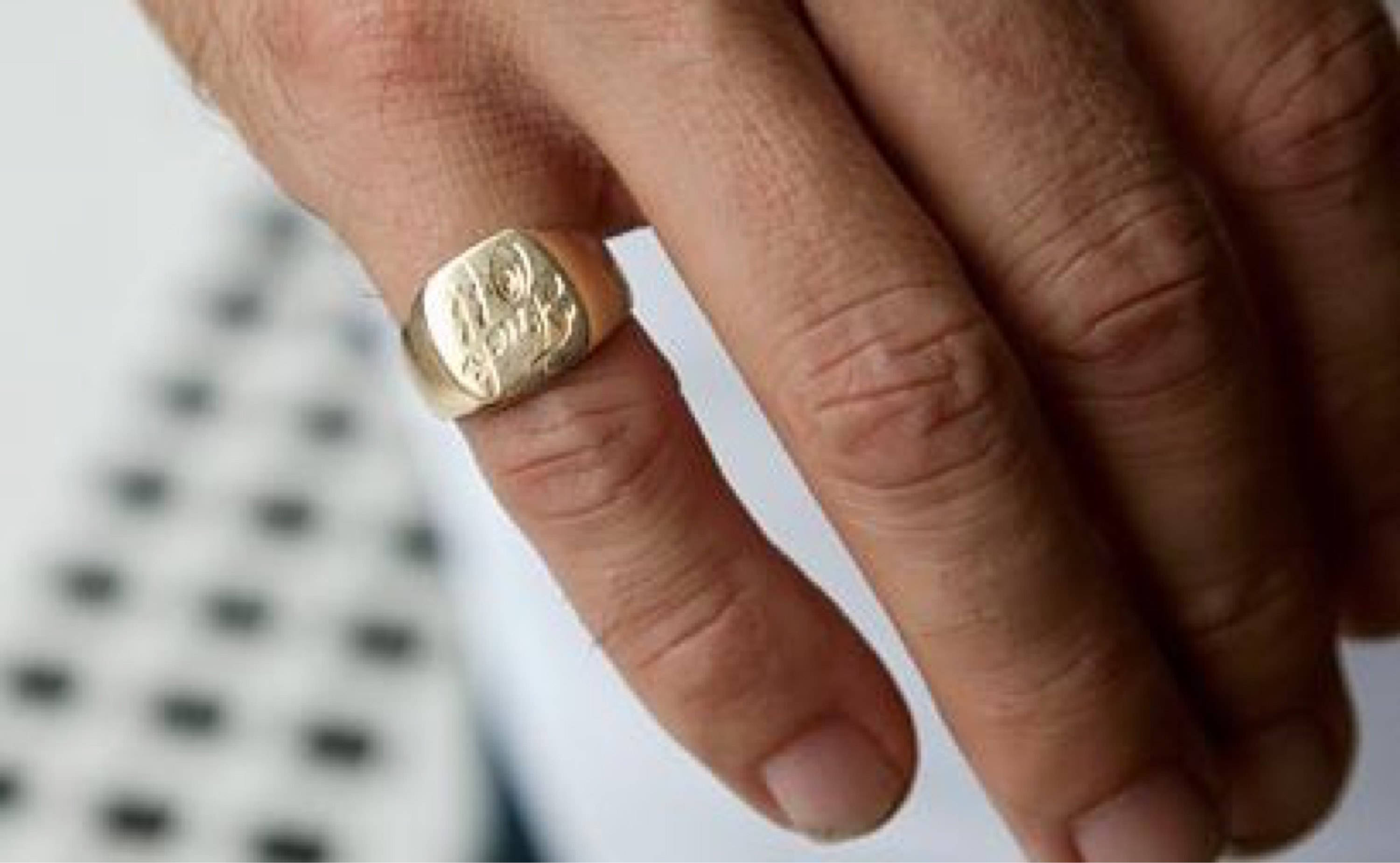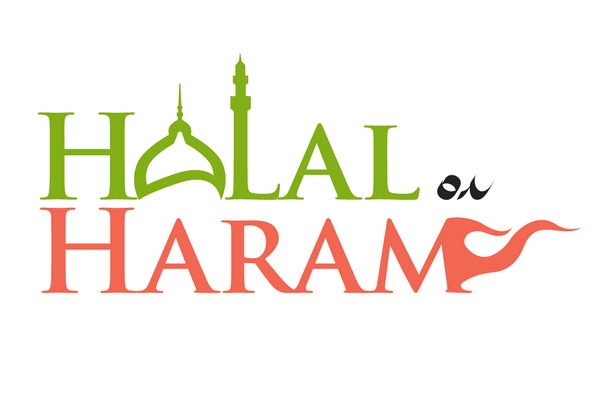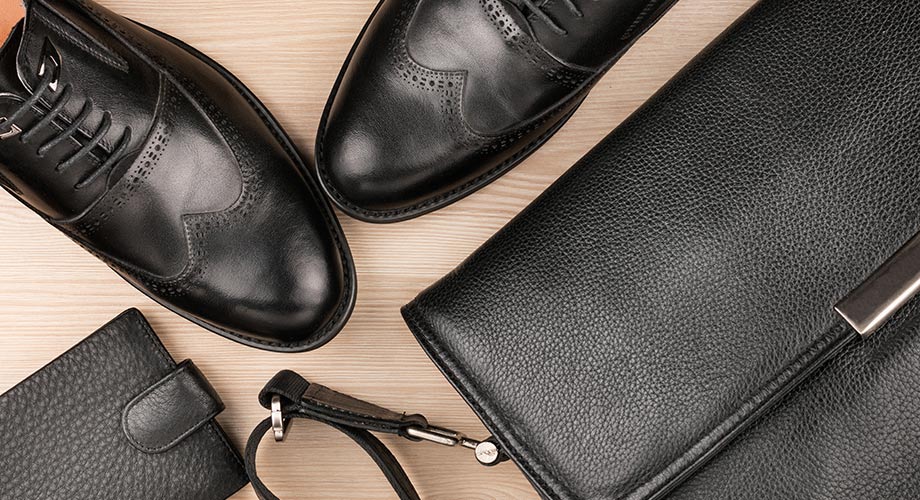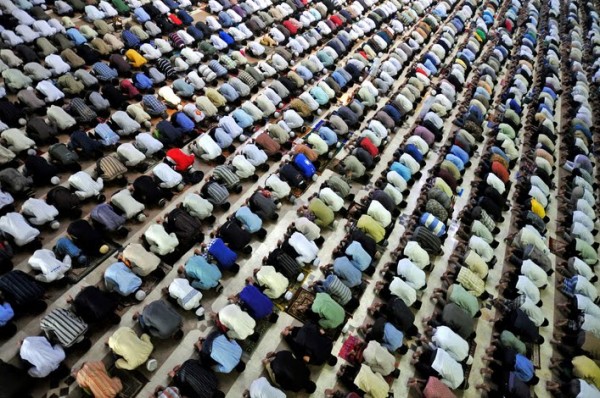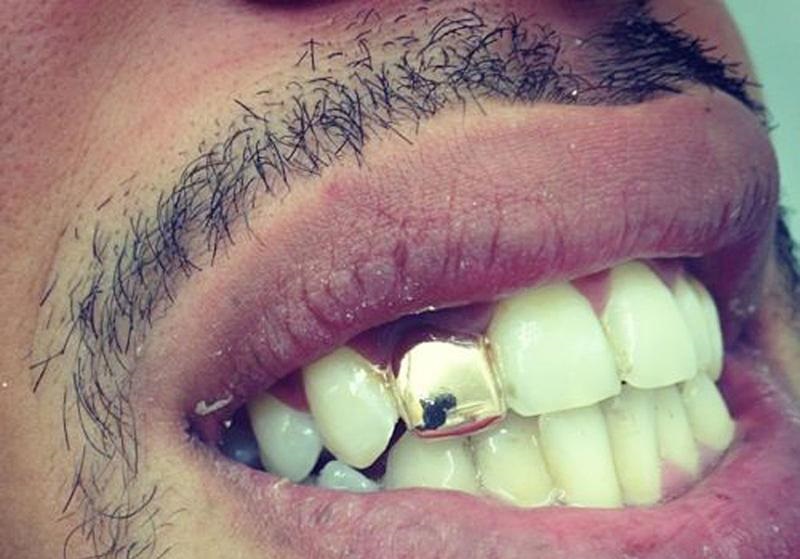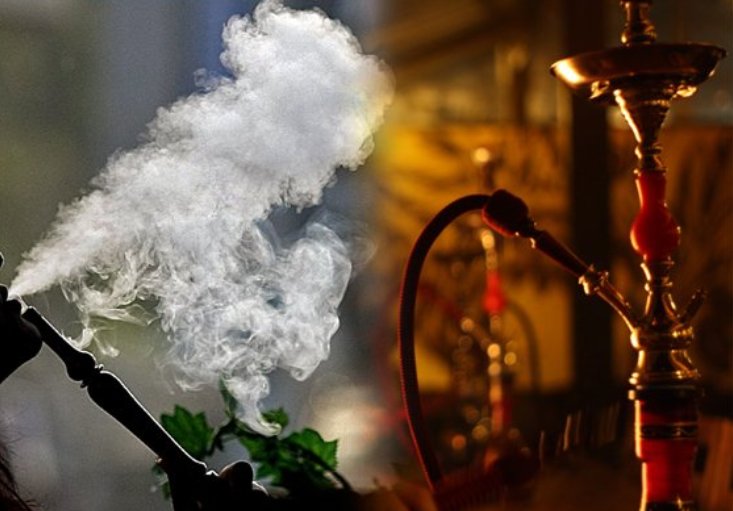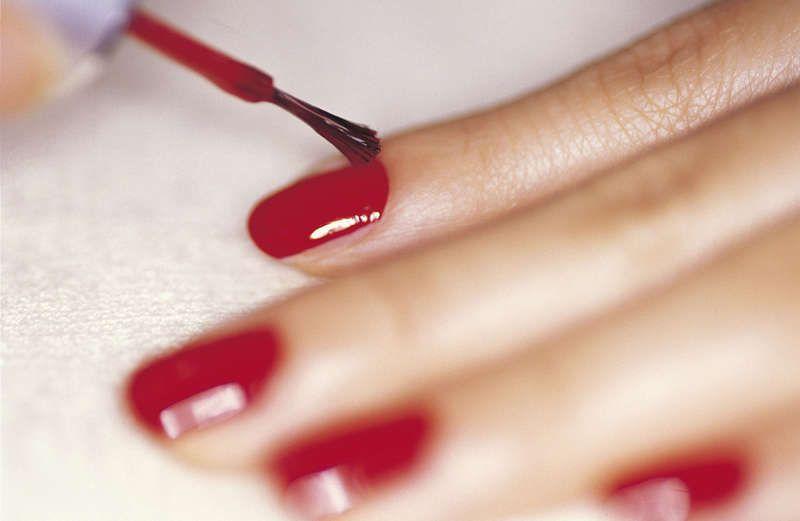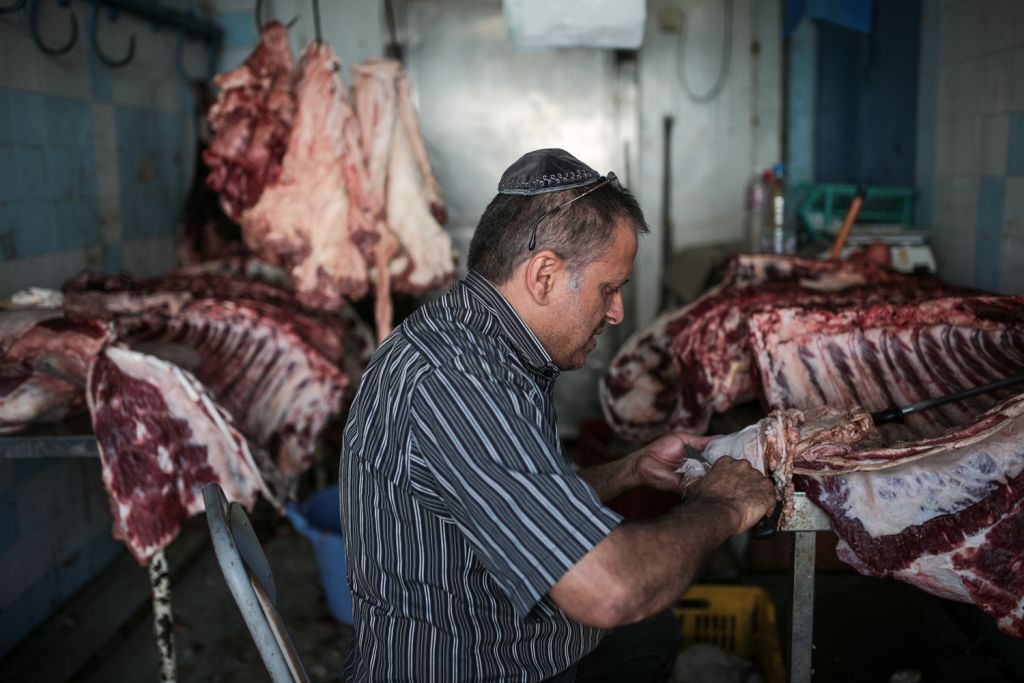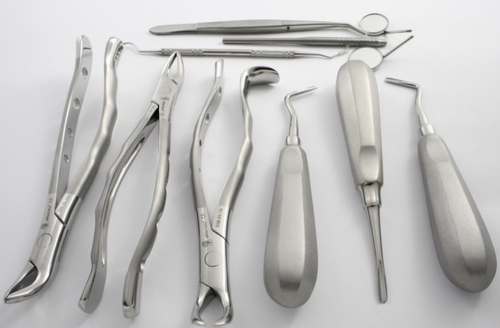QUESTION:
What do the ‘ulamā` of the noble Sharī’ah say concerning the donation or selling of one’s body parts such as the heart, liver, kidneys, eyes and other limbs, is this permitted? Abdul Sattār Eīdhī donated his eyes and some people say this is permissible and some say it is impermissible. Please kindly mention the correct view.
Questioner: Abid from UK
ANSWER:
بسم اللہ الرحمن الرحیم
الجواب بعون الملک الوھاب اللھم ھدایۃ الحق والصواب
It is impermissible for a Muslim to donate or sell his organs nor is it the right of any Muslim that he mentions in his will that his organs be donated for a loved one or any person after his death. If he did such a thing then this will will be invalid and it will impermissible to enact it.
This is because Allāh Almighty has given honour to the species of human beings as He Himself mentions,
{وَلَقَدْ کَرَّمْنَا بَنِيْ اٰدَمَ وَحَمَلْنٰهُمْ فِی الْبَرِّ وَ الْبَحْرِ وَرَزَقْنٰهُمْ مِّنَ الطَّیِّبٰتِ وَفَضَّلْنٰهُمْ عَلٰی کَثِیْرٍ مِّمَّنْ خَلَقْنَا تَفْضِیۡلًا}
{And indeed We have honoured the descendants of Adam and transported them on land and sea, and gave them good things as sustenance, and made them superior than many (i.e. all) of Our creation.}
[Sūrah Banī Isrā’il, v. 70]
It is established from the noble āyah that mankind is honoured and the most noble of creation. Many reasons for this dignity and nobility are mentioned in Tafsīr Kabīr and Rūh al-Ma’ānī and other works.
To donate or sell the organs of a human being is in contradiction to this honour and respect. This is because this is the state of animals that they and their body parts are gifted and sold. If any part of the body of a human being was used or sold to gain benefit, then this is open degradation and opposition to the stipulated honouring [of the human being] by the Holy Qurān.
As is mentioned in Badā’i’ al-Sanā’i’,
“وَلِأَنَّ الْآدَمِيَّ بِجَمِيعِ أَجْزَائِهِ مُكَرَّمٌ وَالِانْتِفَاعُ بِالْجُزْءِ الْمُنْفَصِلِ مِنْهُ إهَانَةٌ لَهُ“
“Because the human being including all of his body parts is honoured and taking benefit from a body part separated from him is belittling him.”
[Badā’i’ al-Sanā’i’, vol. 5, pg. 133]
The impermissibility of benefiting from his body parts is due to the reason of his honour and dignity. Just as it is mentioned in al-Fatāwā al-Hindiyyah,
“الِانْتِفَاعُ بِأَجْزَاءِ الْآدَمِيِّ لَمْ يَجُزْ قِيلَ لِلنَّجَاسَةِ وَقِيلَ لِلْكَرَامَةِ هُوَ الصَّحِيحُ كَذَا فِي جَوَاهِرِ الْأَخْلَاطِيِّ“
“Benefiting from the body parts of a human being is impermissible. It is mentioned [as so] due to [being] impure, and it is mentioned [as so] because of his respect and this [i.e. respect] is correct. Like this it is mentioned in Jawāhir al-Akhlātī.”
[al-Fatāwā al-Hindiyyah, vol. 5, pg. 364]
A human being is respected such that, let alone benefiting from his heart, liver and eyes, selling or using just his hair for benefit is also impermissible as is mentioned in al-Bahr al-Rā’iq,
“[وَشَعْرِ الْإِنْسَانِ وَالِانْتِفَاعِ بِهِ] أَيْ لَمْ يَجُزْ بَيْعُهُ وَالِانْتِفَاعُ بِهِ لِأَنَّ الْآدَمِيَّ مُكَرَّمٌ غَيْرُ مُبْتَذَلٍ فَلَا يَجُوزُ أَنْ يَكُونَ شَيْءٌ مِنْ أَجْزَائِهِ مُهَانًا مُبْتَذَلًا“
“[The hair of a human and benefiting from it] i.e. It is not permissible to sell it and benefit from it because mankind is respected and cannot be subjected to degradation thus it is not permissible that even any part of a human is subjected to degradation.”
[al-Bahr al-Rā’iq, vol. 4, pg. 133]
It is impermissible to sever a human limb even in the state of ikrāh (compulsion):
Many impermissible matters become permissible in the state of compulsion but a human being is respected to such a degree that the severing of the limb of another human being is impermissible for a person even under the state of compulsion, even if that person gives him permission to do so. Just as it is mentioned in Badā’i’ al-Sanā’i’ that a whole category of things is mentioned with the title, “that type [of thing] which is not permitted even in the state of compulsion.”
“النَّوْعُ الَّذِي لَا يُبَاحُ وَلَا يُرَخَّصُ بِالْإِكْرَاهِ أَصْلًا فَهُوَ قَتْلُ الْمُسْلِمِ بِغَيْرِ حَقٍّ سَوَاءٌ كَانَ الْإِكْرَاهُ نَاقِصًا أَوْ تَامًّا لِأَنَّ قَتْلَ الْمُسْلِمِ بِغَيْرِ حَقٍّ لَا يَحْتَمِلُ الْإِبَاحَةَ بِحَالٍ قَالَ اللَّهُ تَبَارَكَ وَتَعَالَى { وَلَا تَقْتُلُوا النَّفْسَ الَّتِي حَرَّمَ اللَّهُ إلَّا بِالْحَقِّ } ، وَكَذَا قَطْعُ عُضْوٍ مِنْ أَعْضَائِهِ ، وَالضَّرْبُ الْمُهْلِكُ….وَلَوْ أَذِنَ لَهُ الْمُكْرَهُ عَلَيْهِ أَوْ قَطَعَهُ أَوْ ضَرَبَهُ ، فَقَالَ لِلْمُكْرَهِ : افْعَلْ لَا يُبَاحُ لَهُ أَنْ يَفْعَلَ ؛ لِأَنَّ هَذَا مِمَّا لَا يُبَاحُ بِالْإِبَاحَةِ وَلَوْ فَعَلَ فَهُوَ آثِمٌ أَلَا تَرَى أَنَّهُ لَوْ فَعَلَ بِنَفْسِهِ أَثِمَ فَبِغَيْرِهِ أَوْلَى“
It becomes clear from this that killing a Muslim or cutting any of his limbs in any situation is not permissible even if the one whose limbs are being severed gives the other permission to do so. If a person in a state of being compelled severs another persons limbs then he is a sinner.
[Badā’i’ al-Sanā’i’, vol. 7, pg. 362]
Similarly, it is stated in al-Fatāwā al-Hindiyyah that,
“وَلَوْ أُكْرِهَ عَلَى قَطْعِ يَدِ رَجُلٍ فَقَالَ ذَلِكَ الرَّجُلُ قَدْ أَذِنْتُ لَكَ فِي الْقَطْعِ فَاقْطَعْ ، وَالْآذِنُ غَيْرُ مُكْرَهٍ لَمْ يَسَعْهُ أَنْ يَقْطَعَ ، وَإِنْ قَطَعَ فَهُوَ آثِمٌ“
“If he is compelled to cut the hand of a man and that man says ‘I have permitted you to cut, so cut’ and the one giving permission is himself not being compelled then it is not permissible for the person to cut his hand and if he did so he would be sinful.”
[al-Fatāwā al-Hindiyyah, vol. 5, pg. 41]
There is no permissibility in eating the limb of a person even in a state of idtirār (extreme necessity)
Even in the state of extreme necessity, there is no permission for a Muslim to cut off and eat the limb of a living human being. Even if he were to lose his own life. Even though in the state of extreme necessity, eating something harām becomes permissible. Just as it is mentioned in al-Ashbāh wa al-Nazā’ir,
“الضرر لا يزال بالضرر لا يأكل المضطر طعام مضطر آخر ولا شيئا من بدنه“
“A harm is not repelled with another harm, [therefore if two people are dying due to starvation and they have nothing to eat then] a person in a state of necessity can not eat the flesh of another person who is also in a state of necessity nor anything [i.e. parts] from his body.”
[al-Ashbāh wa al-Nazā’ir, vol. 1, pg. 255]
Now the objection of those people, who say that to save the life of another person by the action of transplanting a bodily limb from another human being should become permissible, has been answered. Because it is clearly mentioned in the books of Fiqh (jurisprudence) that even if there is intense danger to the life of a human being, it is still impermissible for him to cut and sever the limbs of another human being.
The second matter is that for a Muslim to cut or sever his own limbs and sell or donate them or take out his eyes and donate them and such like is to alter that which Allāh created i.e. it is changing the creation of Allāh which is impermissible and harām and obedience to Shaytān.
When Shaytān was rejected from the Majestic Court of Allāh, he said to Allāh,
{وَلَآمُرَنَّهُمْ فَلَیُغَیِّرُنَّ خَلْقَ اللہِ}
{[Shaytān says that] “…and I will definitely order them [i.e. Your creation] so they will change the creation of Allāh.”}
[Surah al-Nisā’, v. 119]
It is mentioned in al-Tafsīr al-Kabīr,
“روي عن أنس وشهر بن حوشب وعكرمة وأبي صالح أن معنى تغيير خلق الله هاهنا هو الاخصاء وقطع الآذان وفقء العيون“
“It is narrated from Anas, Shahr ibn Howshab, ‘Ikrimah and Abū Sālih that the meaning of changing the creation of Allāh here is castration, the cutting of the ears and removal of the eyes.”
[al-Tafsīr al-Kabīr, vol. 5, pg. 384]
Also those women have been cursed in Hadīth who in trying to beautify themselves bring alteration to the creation of Allāh.
“عَنْ عن عبد الله بن مسعود قَالَ: لَعَنَ اللَّهُ الْوَاشِمَاتِ، وَالْمُوتَشِمَاتِ، وَالْمُتَنَمِّصَاتِ، وَالْمُتَفَلِّجَاتِ لِلْحُسْنِ الْمُغَيِّرَاتِ خَلْقَ اللَّهِ”
“[It is narrated] from Sayyidunā ‘Abdullah bin Mas’ūd that he said that, ‘Allāh has cursed the females who tattoo others and those who have themselves tattooed, the females who pluck their facial hair and those who make gaps in their teeth for beautification, the ones who alter the creation of Allāh.’”
[Sahīh al-Bukhārī, Hadīth no. 4486]
The third matter is that a human being is not the owner of his limbs. Allāh (Most Pure is He) is the Owner of all the body parts of a human being. For this reason a person does not have a choice in changing his limbs in a way which would be [used] for another human being. We have made clear through the references of al-Fatāwā al-Hindiyyah and Badā’i’ al-Sanā’i’ that even if a person gives another permission to cut his limbs, then such cutting is impermissible and harām on that person and the giving of permission to do so is also impermissible. This is because he is not the owner of these body parts so how can he give permission?
Is this method of treatment a darūrah (extreme necessity)?
Now if it is said that due to extreme necessity this method of treatment should be allowed just as it has been mentioned in Fatāwā Europe, and it is also a principle that, “Extreme necessities permit prohibited matters.”
Then this poor slave of Allāh says that to consider this method of treatment as being such an extreme necessity that has effect in making prohibited matters permissible is not correct.
In brief let us mention darūrah (extreme necessity) and the conditions of its effect [on rulings]:
The definition of Darūrah (extreme necessity): If the doing of an action is necessary to the extent that if it were not done then the loss of any one of the following five matters is a certainty or according to the overriding opinion: Dīn, Intellect, Lineage, Oneself and Wealth.
Just as it is mentioned in al-Fatāwā al-Ridawiyyah, five things are those whose protection is from the establishment of the Divine Law; Dīn, Intellect, Lineage, Oneself and Wealth. Apart from useless matters, all actions revolve around these. If an action (also included in this is the leaving of an action in the meaning of abandoning it because it is this [active abandonment] which one is able to do and one is tasked with and not non-action as is mentioned in al-Ghamz and other works) is relied upon for one of these in such a way that without that action, this [purpose] would be lost or close to being lost then this is the level of darūrah. Like the acquisition of knowledge of beliefs and individual obligations is for the Dīn, the abandonment of alcohol and fornication is for the [preservation of] Intellect and Lineage, the eating and drinking to the extent of maintaining the body is for Oneself and the earning and prevention from illegal seizure and other matters is for Wealth.
[al-Fatāwā al-Ridawiyyah, vol. 21, pg. 205]
This is clear from the books of Fiqh that only that necessity brings about lightening the rules which is a binding necessity i.e. it definitely occurs or whose occurrence is overriding.
Even if this method of treatment definitely presents itself such that there is no option available except through taking it, even then for it to have the effect of darūrah (extreme necessity) the existence of a number of conditions is most necessary which are not found in this.
If those conditions are not present, then the establishment of necessity won’t have any effect [on rulings]. From these conditions are these two:
[1] The actualisation of darūrah (extreme necessity) should be immediate, the possibility of necessity presenting itself in the future is not a necessity and no consideration will be given to it. Just as the donation of body parts is done because a need could arise in the future. Such a possibility is of no consideration nor is this necessity a darūrah [one which effects change in rulings].
[2] There should be certainty or an overriding opinion that by doing this prohibited action Dīn, life, intellect, wealth or lineage will be preserved. Whereas in this method of treatment transplanting one individual’s organs into another individual’s body, let alone certainty, there isn’t even an overriding opinion. In fact even in unbiased minds doubt has started to occur because new doctors and researchers have considered this method of treatment as unsuccessful because with most patients the severe threat of the loss of life remains for them because the body begins to reject organs from another body. Thus such a patient is given 20 to 30 tablets by doctors to take daily. Also the transplanted organ, at the most, functions for up to 6 to 8 years at the most. It may fail even before this. When this is the reality, then how can this method of treatment be called a darūrah?
Whereas an alternative to this method of treatment is now emerging in which such abominations are not present in the eyes of Sharī’ah. This is the preparation of the body parts, heart, liver, etc through cloning of the cells of the patient himself which could be used at the time of necessity.
Alongside the impermissibility of the method of taking out another person’s body parts and making use of them, it is a temporary measure. This is not a complete cure for the illness. This is something which its pioneers themselves have accepted. Also how can this be called a cure when it is mentioned in Hadīth,
“إِنَّ اللَّهَ لَمْ يَجْعَلْ شِفَاءَكُمْ فِيمَا حَرَّمَ عَلَيْكُمْ“
“Indeed Allāh has not placed your cure in that which He has forbidden upon you.”
[Sahīh al-Bukhārī]
It should also be remembered that Islām does not grant permission for severing the limbs of even a deceased Muslim and making use of them. This is because that which harms a living person, a deceased person is also harmed by it. The one who cut the limbs of a deceased Muslim, then it is as though he cut the limbs of a living Muslim. Just as it is mentioned in Hadīth,
“عَن عائشة أَنّ رَسُولَ اللَّهِ صَلَّى اللَّهُ عَلَيْهِ وَسَلَّمَ قَالَ:كَسْرُ عَظْمِ الْمَيِّتِ، كَكَسْرِهِ حَيًّا“
“[It is narrated] from the authority of Sayyidah ‘Ā`ishah that the Messenger of Allāh, may the peace and blessings of Allāh be upon him, said, ‘The breaking of the bones of the deceased is like the breaking of his bones whilst he is alive.’”
[Sunan Abū Dāwūd, Hadīth no. 3207/Sunan Ibn Mājah, 1616]
The analogy of the Ahnāf upon this case is also invalid, that if a living child is in the womb of his deceased mother then the Ahnāf give fatwā upon the cutting of the mother’s stomach in order to save the child. This is because here on one side there is definite benefit because by doing this the child’s life will be saved definitely or according to the overriding opinion. Whereas in transplanting organs, saving the life of the other is not definite because the whole science of medicine is indefinite; it is based upon assumptions. Furthermore, in the legal case mentioned no limb is being cut off to benefit from it, rather the child is merely being extracted. Whereas in the case of transplantation, the purpose of severing the limb is only to benefit from it. For this reason how can it be allowed to analogise [i.e. compare] this with that?
The fourth matter is that saying the selling of human organs is allowed is opening the door to many evils. Poor people will be prepared to sell their organs to fill their stomachs and the kidnapping of people to extract their organs for the purpose of selling will begin which will be difficult to stop.
When this matter has been established from so many angles that a Muslim donating or selling his organs is impermissible and harām, then to make a will for it is to make a will for an impermissible act. Thus if a person makes a will for the donation of his organs or his eyes, then this will which is opposed to the Sharī’ah is invalid and it will not be acted upon in any way.
It is stated in Bidāyah,
“وَالْوَصِيَّةُ بِالْمَعْصِيَةِ بَاطِلَةٌ لِمَا فِي تَنْفِيذِهَا مِنْ تَقْرِيرِ الْمَعْصِيَةِ“
“A will with disobedience is invalid due to its enactment necessarily entailing the endorsement of disobedience.”
[al-Hidāyah, vol. 4, pg. 689]
واللہ تعالی اعلم ورسولہ اعلم صلی اللہ علیہ وآلہ وسلم
کتبہ ابو الحسن محمد قاسم ضیاء قادری
Answered by Mufti Qasim Zia al-Qadri
Translated by Mawlana Ibrar Shafi
Read the original Urdu answer here – [Q-ID0213] Is it permissible to donate or sell our body parts to others in Islam?
Also see –
[Q-ID0396] What is the Islamic ruling on giving blood?
[Q-ID0668] Is it permissible to take out a student loan in the UK?
[Q-ID0289] What is the Islamic ruling on consuming medicine that contains Alcohol?
[Q-ID0251] Is Coca-Cola halal or haram?
[Q-ID0240] Is white wine vinegar or spirit vinegar Haram?
[Q-ID0112] Praying Salah wearing perfumes/creams containing Alcohol denat
[Q-ID0110] Using medicines & sprays that contain Alcohol
[Q-ID0228] What is the Islamic ruling on taking out a Life Insurance policy in the UK?
[Q-ID0260] Is it permissible to take out a mortgage in England?

